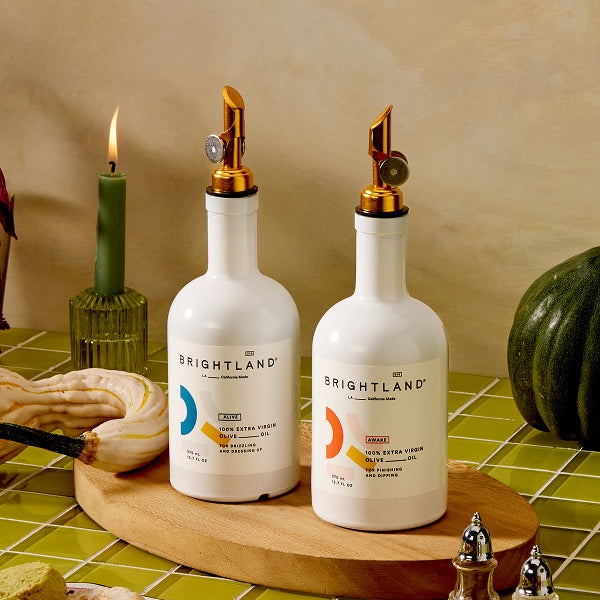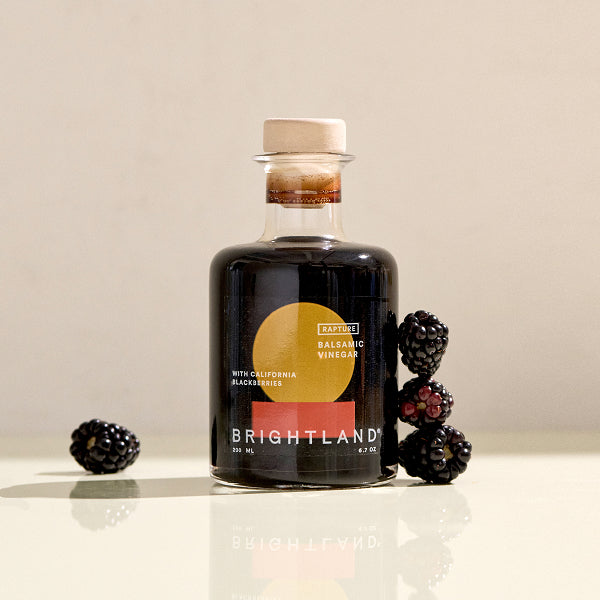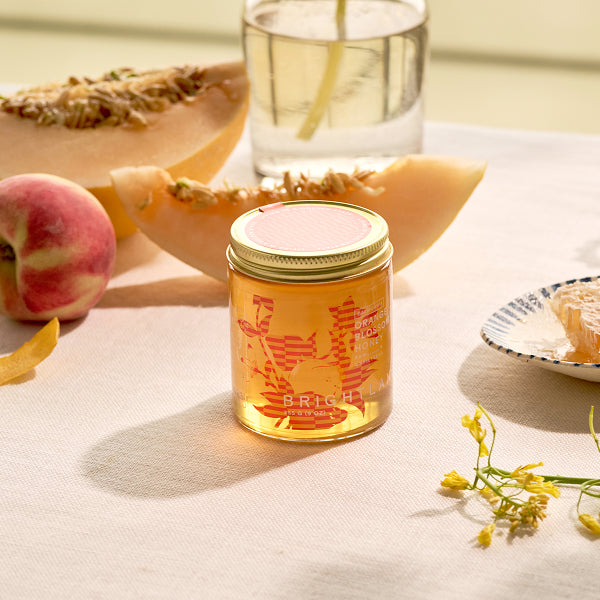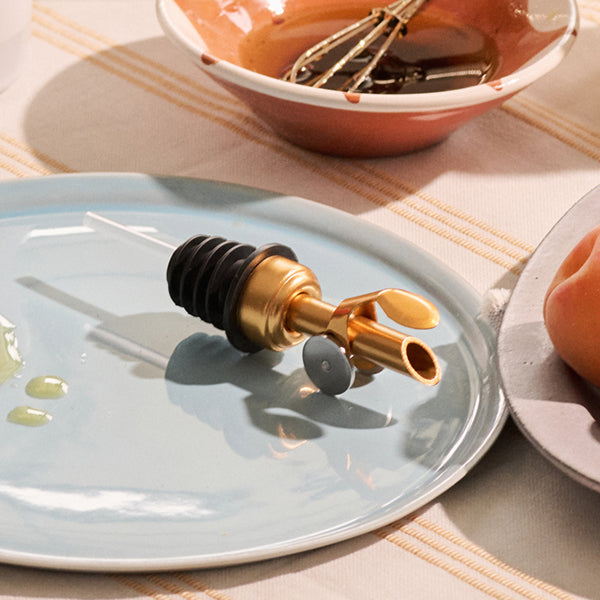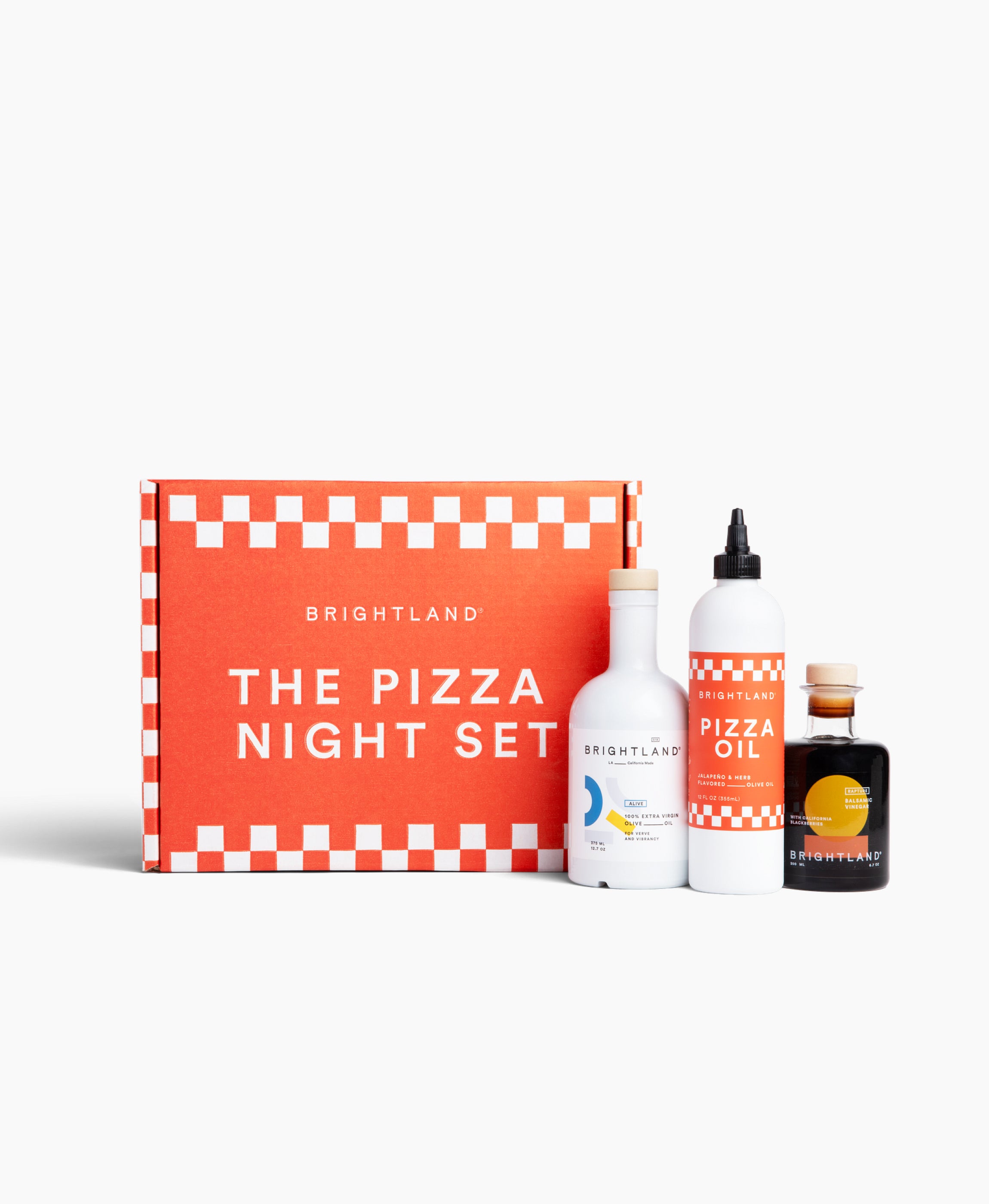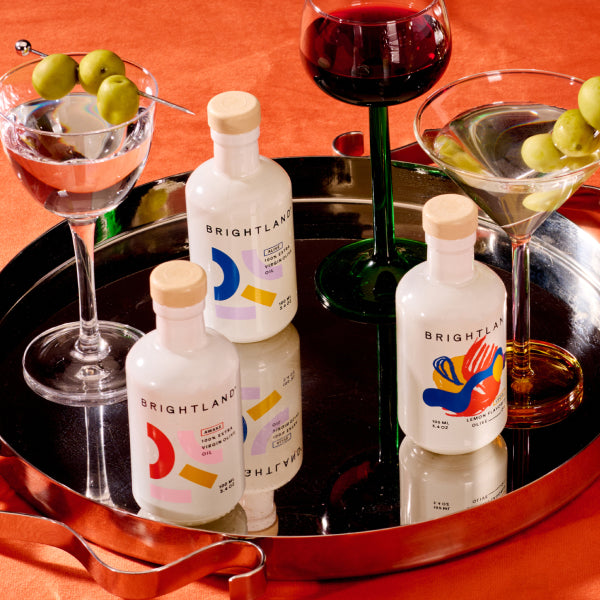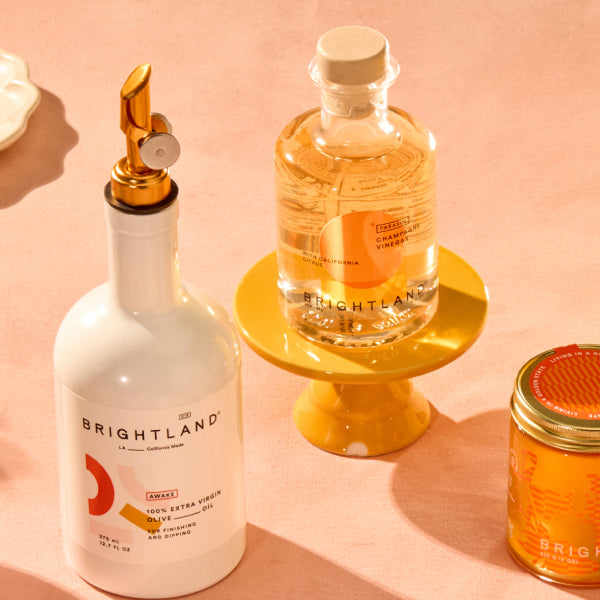Q&A between Brightland + Dr. Elke Cooke, MD.
Q: Why do fats get such a bad reputation?
A: We have been taught many misconceptions about fat over the past 50 >years that have influenced what we buy and eat. There is a lot of fear or guilt that we feel about dietary fats. Many of us have grown up in an era when we equated a low-fat diet with health and being thin. We have been brainwashed into believing that when we eat fat it gets turned into stored fat in our bodies and clogs up our arteries. Unfortunately this was based on flawed science and ignores compelling evidence to the contrary. We now know from research that sugars and refined carbs are the true causes of our epidemic of obesity, diabetes and heart disease - not fats. Not only do healthy fats not cause us to gain weight or have heart disease, they are absolutely critical for good health.
Q: What is the difference between a healthy and unhealthy fat?
A: We tend to think of fat as a form of energy storage. However fats play an important role in the function of our nerves, they regulate inflammation, hormones and our mood. Whether a fat is beneficial or unhealthy depends on several things. One factor is its net effect on lowering the total-to-HDL cholesterol ratio. Another factor is its influences on inflammation in our bodies. Cholesterol is a complex and confusing subject. Many people get confused thinking that eating saturated fats will raise our blood saturated fats. But the truth is that refined carbs and sugars will cause the liver to produce more of these saturated fats in the blood. Saturated fats can lower inflammation when consumed with a low-carb diet, high-fiber and omega-3s. In general focusing on a omega-3 intake is vital for good health. Omega-6s have been getting a bad rap as they can increase inflammation. However the problem arises when the balance is tipped in favor of too many Omega-6s vs Omega 3s. When there are too many Omega-6s and not enough Omega 3s we tend to see more cardiovascular disease, cancer and autoimmune diseases whereas increased levels of Omega-3s seem to be protective.The story is much less complicated when it comes to trans fats. Trans fats are not normally found as part of human biology. Therefore our bodies do not respond well to them. They are unquestionably the “unhealthy fats”. They are mostly man-made and found in processed foods, shortenings, margarines and fried foods or commercially produced baked goods. As of 2013 the FDA declared them as “not safe to eat”.
Q: How much healthy fat should I eat?
A: It is less important that you focus on how much fat you eat but rather the quality and kind of different fats. The right kind of fat is our friend. You should eat a healthy fat every day at every meal. Get your fats from extra-virgin olive oils, avocados, nuts, seeds, grass-fed butter and meats as well as wild caught fish. Fats offer many nutritional benefits and help us feel more satisfied. They can even help us lose weight. Stay away from refined vegetable oils, seed oils and omega-6 fats as they all contribute to inflammation and chronic disease. It is >also extremely important to remember that fats combined with starches or sugar will fuel weight gain-think ice cream, french fries, pasta and cream sauce or bagels and cream cheese.
Q: Why is extra virgin olive oil considered a healthy fat?
A: I consider olive oil a miracle food. Olive oil not only contains healthy fats but it has powerful antioxidant and anti-inflammatory properties. About 75% of olive oil is a monounsaturated fat called oleic acid. The remainder of olive oil fats are saturated. Its antioxidant effects are due to its content of Vitamin E, beta carotene and squalene (an antioxidant that is great for our skin). The polyphenols in olive oil are also powerful antioxidants. Olive oil has been shown in studies to protect the heart and blood vessels. It can lower blood pressure and help improve your cholesterol. It also protects against cancer, specifically of the stomach, small intestines, breast and lungs. It can balance out your gut bacteria and is great for your brain. The good news is that you only need 1-2 tablespoons per day in order to benefit from these properties.
Q: What are your top 3 favorite healthy fats for people to incorporate in their diets?
A: Some of my “Fat All-Stars” are avocados, extra virgin olive oil, nuts and seeds. Like olive oil, avocados consist mostly of monounsaturated fats, mainly oleic acid. Studies have shown that they help protect against heart disease, diabetes and cancer. Nuts are great because they are an excellent source of protein and healthy fats and as such won’t spike your blood sugar. Their polyunsaturated fats are anti-inflammatory and they are rich in magnesium and zinc. I recommend buying organic raw nuts and consider soaking them to unlock their maximum nutrient potential.

